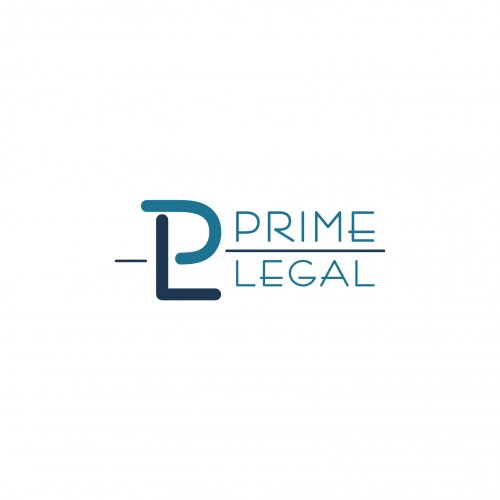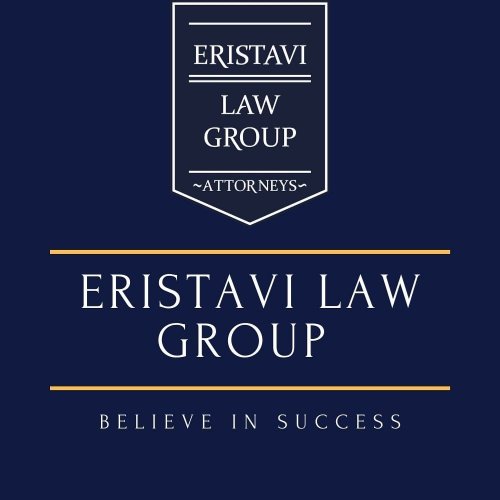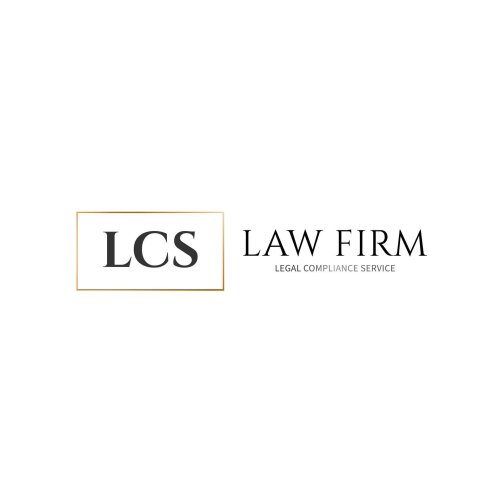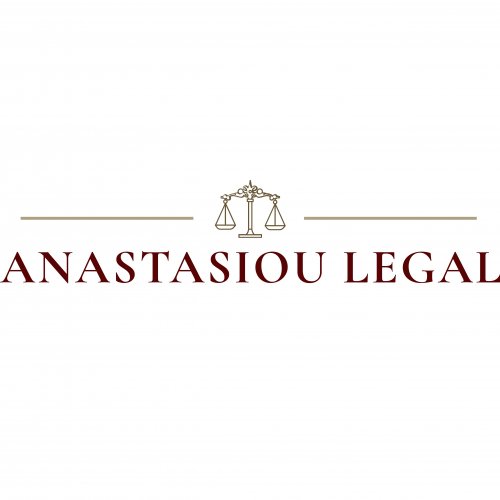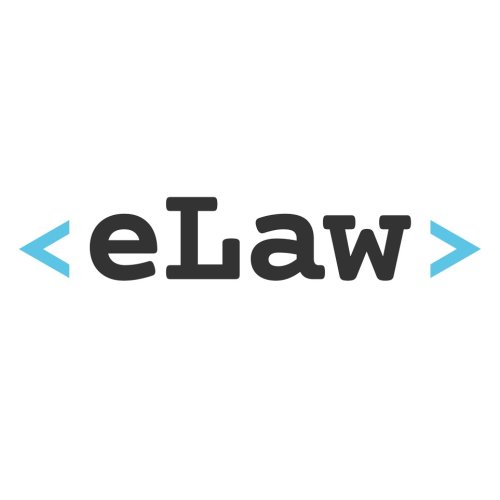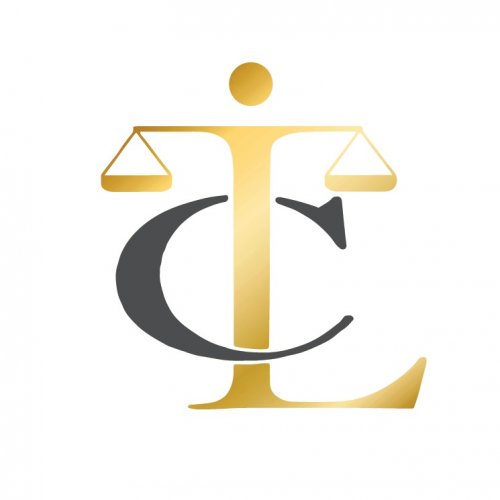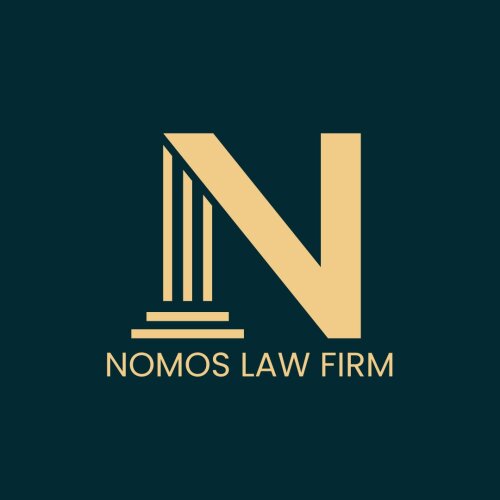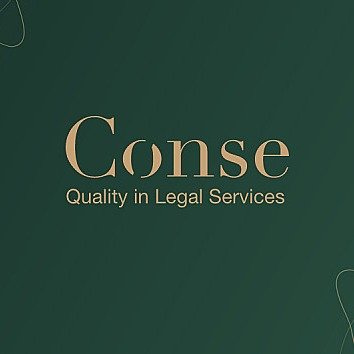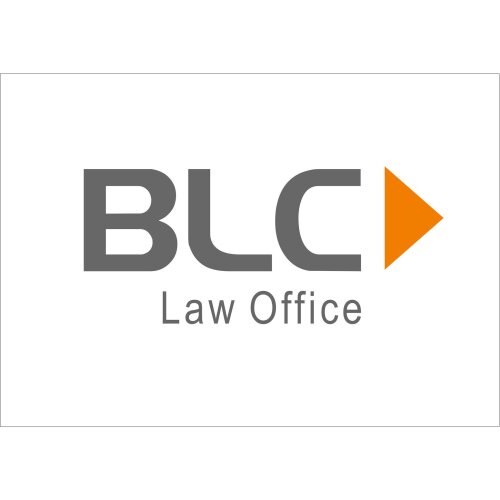Best Structured Finance Lawyers in Tbilisi
Share your needs with us, get contacted by law firms.
Free. Takes 2 min.
List of the best lawyers in Tbilisi, Georgia
About Structured Finance Law in Tbilisi, Georgia
Structured finance is a specialized area of finance that involves the pooling of financial assets and the use of complex legal and financial instruments to manage risk and improve capital flow. In Tbilisi, Georgia, structured finance structures are commonly utilized by banks, investment funds, corporations, and occasionally, by public entities for project financing, securitizations, syndicated loans, and other sophisticated financial arrangements. The legal framework supporting structured finance in Georgia continues to develop, anchored by the country’s progressive banking laws and its commitment to attracting foreign investment and promoting financial innovation.
Why You May Need a Lawyer
Engaging in structured finance transactions in Tbilisi can be complex, especially due to the interplay of local financial regulations, cross-border considerations, and the tailored nature of each structure. You may need a lawyer for the following reasons:
- Structuring and negotiating syndicated loan agreements or securitization deals
- Ensuring compliance with Georgian financial, tax, and corporate laws
- Drafting and reviewing legal documentation for asset-backed securities or hybrid instruments
- Dealing with cross-border transactions and foreign currency regulations
- Resolving disputes related to default, restructuring, or enforcement of security interests
- Ensuring proper risk analysis and due diligence for investors or lenders
- Advising on bankruptcy or insolvency implications in structured finance
Local Laws Overview
Structured finance in Tbilisi is governed by several key regulations and legal concepts. The foundation is established by Georgia’s Law on Activities of Commercial Banks, the Civil Code, and the Law on the Securities Market. These laws collectively regulate collateralization, assignment of receivables, creation and perfection of security interests, as well as disclosure requirements for public offerings of securities. Georgia’s relatively open financial market policy supports flexibility in structuring transactions but imposes specific obligations on transparency, anti-money laundering, and protection of creditors’ rights. Various regulatory bodies, including the National Bank of Georgia and the National Securities Commission, oversee the financial sector to ensure stability and compliance.
Frequently Asked Questions
What is structured finance?
Structured finance refers to complex financial transactions, often involving pooling assets and creating new financial products, aimed at risk management and tailored investment opportunities.
Who are the main participants in a structured finance transaction in Georgia?
Key participants usually include originators (such as banks or companies), investors, special purpose vehicles (SPVs), trustees, arrangers, and in many cases, legal counsel and regulators.
Are SPVs (Special Purpose Vehicles) commonly used in Georgia?
Yes, SPVs are increasingly used to isolate financial assets or liabilities, help manage risks, and enhance bankruptcy remoteness in structured deals.
What assets can be securitized in Tbilisi, Georgia?
Assets such as mortgages, car loans, consumer credit, lease receivables, and trade receivables can be securitized, provided they meet legal and regulatory requirements.
How is investor protection ensured in structured finance deals?
Investor protection is achieved through legal documentation, disclosure requirements, due diligence obligations, and oversight from regulatory authorities.
Are there tax implications in structured finance transactions?
Yes, tax implications can arise due to the transfer of assets, creation of SPVs, interest payments, and cross-border activity, so professional tax advice is essential.
How long does it take to set up a structured finance transaction in Georgia?
The timeframe depends on the complexity of the deal, regulatory approvals, and due diligence, but transactions can take from a few weeks to several months.
What regulatory bodies oversee structured finance in Tbilisi?
The National Bank of Georgia regulates banking and financial institutions, while the National Securities Commission supervises activities in the securities market.
What risks are involved in structured finance?
Risks include credit risk, legal and regulatory risk, market risk, as well as potential disputes over interpretation or enforcement of contracts.
Can foreign investors participate in structured finance deals in Georgia?
Yes, Georgia welcomes foreign investors in its financial sector, subject to local laws and currency regulations. Legal support is recommended for cross-border transactions.
Additional Resources
If you seek more information or assistance, consider these resources:
- National Bank of Georgia - acts as the central regulator of financial institutions
- National Securities Commission of Georgia - regulates the securities market
- Georgian Bar Association - for finding skilled lawyers with expertise in finance
- Ministry of Economy and Sustainable Development of Georgia - for investment guidance and economic regulations
- Georgian Chamber of Commerce and Industry - offers business support and legal advice referrals
Next Steps
If you need legal assistance in structured finance in Tbilisi, Georgia, begin by identifying and consulting with a lawyer or law firm experienced in complex financial transactions and local regulations. Gather documentation regarding your planned transaction, including information about parties, assets, and objectives. Arrange an initial consultation to discuss your needs, legal options, and timeline. Ensure your lawyer conducts the necessary due diligence and communicates with relevant regulatory authorities if required. Taking these steps will help you approach your structured finance deal with confidence and regulatory compliance.
Lawzana helps you find the best lawyers and law firms in Tbilisi through a curated and pre-screened list of qualified legal professionals. Our platform offers rankings and detailed profiles of attorneys and law firms, allowing you to compare based on practice areas, including Structured Finance, experience, and client feedback.
Each profile includes a description of the firm's areas of practice, client reviews, team members and partners, year of establishment, spoken languages, office locations, contact information, social media presence, and any published articles or resources. Most firms on our platform speak English and are experienced in both local and international legal matters.
Get a quote from top-rated law firms in Tbilisi, Georgia — quickly, securely, and without unnecessary hassle.
Disclaimer:
The information provided on this page is for general informational purposes only and does not constitute legal advice. While we strive to ensure the accuracy and relevance of the content, legal information may change over time, and interpretations of the law can vary. You should always consult with a qualified legal professional for advice specific to your situation.
We disclaim all liability for actions taken or not taken based on the content of this page. If you believe any information is incorrect or outdated, please contact us, and we will review and update it where appropriate.



